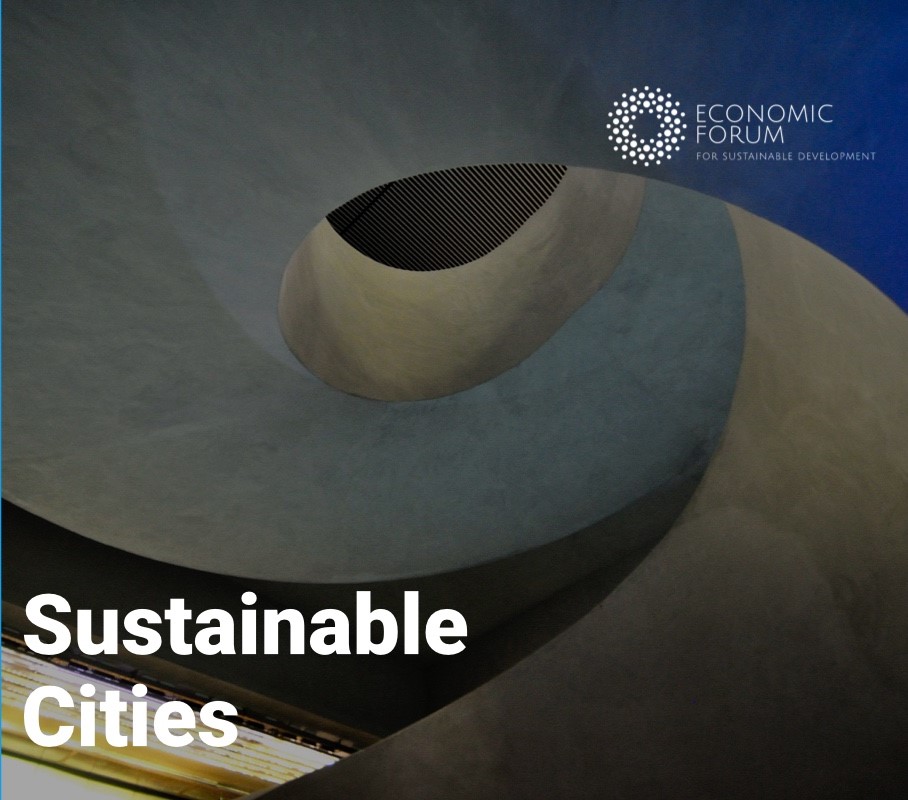
Another key area of focus for the EFSD is sustainable cities and mobility, as these issues are critical for improving the quality of life for people around the world and reducing the environmental impacts of urbanization.
To address sustainable cities and mobility issues, the EFSD brings together experts and decision-makers from a variety of sectors, including governments, businesses, civil society organizations, and international organizations. The organization works to identify and assess the challenges and opportunities related to these issues and to develop and promote policy recommendations and strategies for addressing them.
The focus for the EFSD in terms of sustainable cities and mobility is the need to reduce reliance on private vehicles and promote the use of alternative modes of transportation. This includes efforts to promote the use of public transportation, such as buses, trains, and subways, as well as efforts to support the adoption of non-motorized modes of transportation, such as biking and walking. The EFSD also works to promote the development of infrastructure and regulations that support the adoption of these alternative modes of transportation, such as bike lanes and pedestrian-friendly streets.
In addition to promoting alternative modes of transportation, the EFSD also works to address issues related to the sustainability of urban development and land use. This includes efforts to promote compact, walkable, and mixed-use development patterns, as well as efforts to preserve green space and natural habitats within cities. The EFSD also works to promote the use of sustainable materials and technologies in the construction and operation of buildings and infrastructure, as well as efforts to reduce energy consumption and greenhouse gas emissions in the urban environment.
Overall, the EFSD plays a critical role in addressing sustainable cities and mobility issues and promoting the transition to a more sustainable and livable urban environment.
